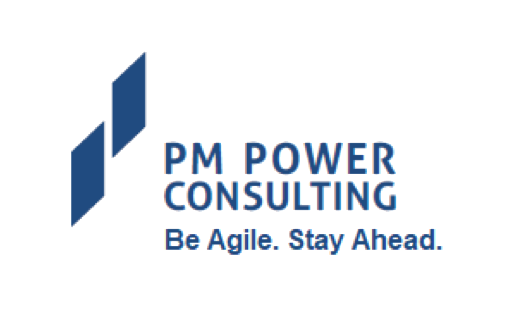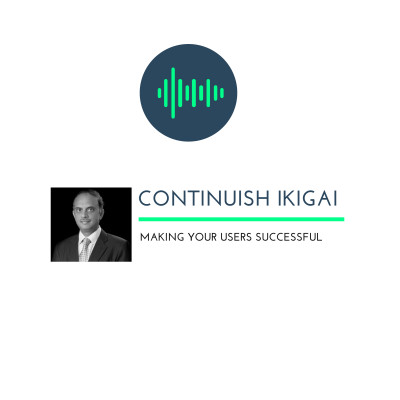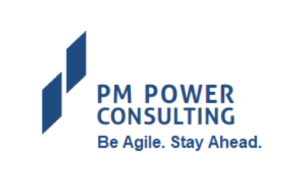In this conversation, Krishna Prasad – aka KP – a coach at PM Power Consulting, shares many of his personal experiences with Chitra. Among other things, he talks of: A mechanical engineer, with Masters and PhD in software Mercedes, Tata, Terex, Delphi Own journey of various roles in the Software industry, experiencing and contributing to various aspects of SDLC His origin story: typical middle class family, aspiring kids to be engineers or doctors; though liked the doctor profession, did not want much of biology and defaulted to engineering Wanted to get into sales [and marketing], appeared glamorous, though at heart i was an R&D person Tried sales and did not enjoy it; but realized that even if you are in development, you need to go to customers, to make the customers feel happy Though in automotive, true software started in avionics; i became a true software developer in Aeronautical Development Agency, developing military standard software Joining Daimler, was again forced, that I am happy about now, into software Aha! Moment – developing software from India, that goes into international products We need to get empathy to feel like a driver, difficult for a youngster to just imagine this Always good to think how someone would actually use the software While a lot of knowledge has been built about, say, braking systems, today, the systems have grown complex and need to work with multiple other systems Only the nature of rigour has changed to more agile ways of working Used to get a few thousand pages of document of requirements, we used to take a few months to get back on how it can be implemented Everyone has now realized that we cannot afford to write so much of initial documentation Rigour is still there, with incremental development – nature of development has changed; everything now is ‘continuish’ Systems getting complex, regulatory requirements are also increasing We have to bake in compliance; no longer a bolt-on Feels model based development will have a significant impact and many freshers are not prepared for that Career advice: develop T shaped skills.. With multiple skills being deep and not just one Question to ask yourself: with your T shaped skills, how can you continuously contribute The benefit of lateral movement across different roles in an organization Internalizing the concept of ikigai – balance passion, mission and profession; magic happens when all these intersect Secret for rallying teams around a leader’s vision: People should know that the leaders are making the right choices What worked for him: Have seen a couple of transformation journeys – they were only partly successful; start with high aspiration and expectation; most often – may turn out the aspirations were unrealistic No matter what, this transformation journey is important There cannot be just one end point – it is a journey – with great learning for leaders and teams Prospects in IT: fantastic area to get in; so broad, you can pick up any area and make a positive impact using technology We have to be really aware that when we enter this technology area; there is a half life of skills; this is reducing dramatically There is no ways of getting into technology areas that will keep you ahead for 305 years Constant need for learning – new skills, honing skills, learn something different Now we have unlimited access to resources, to learn every day Robin Sarma – 5 AM club – daily learning; learn anything, every day



